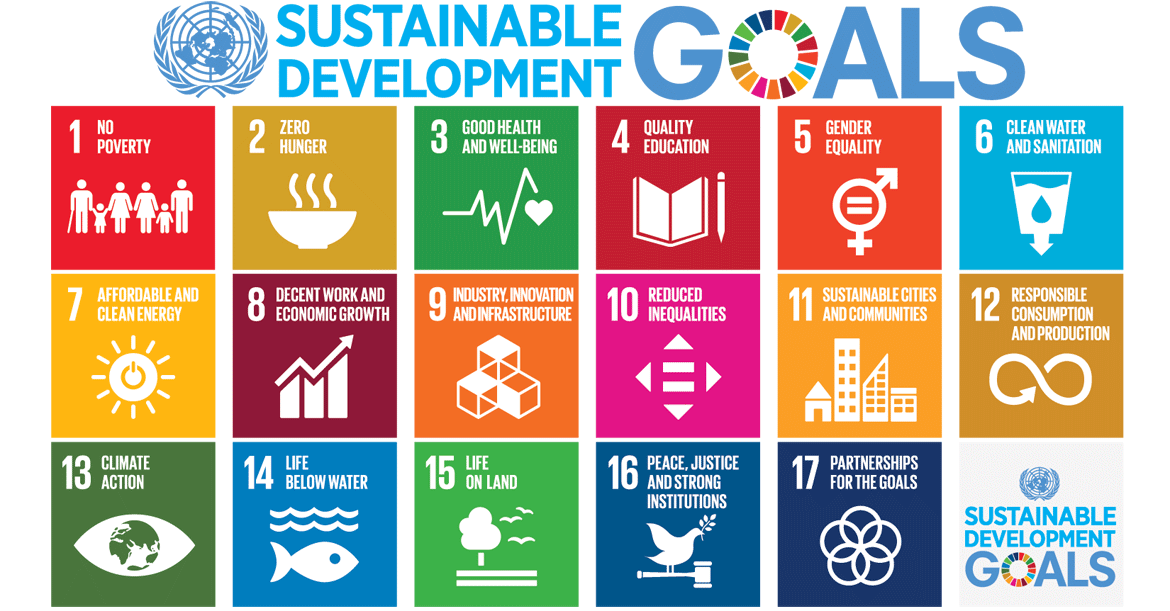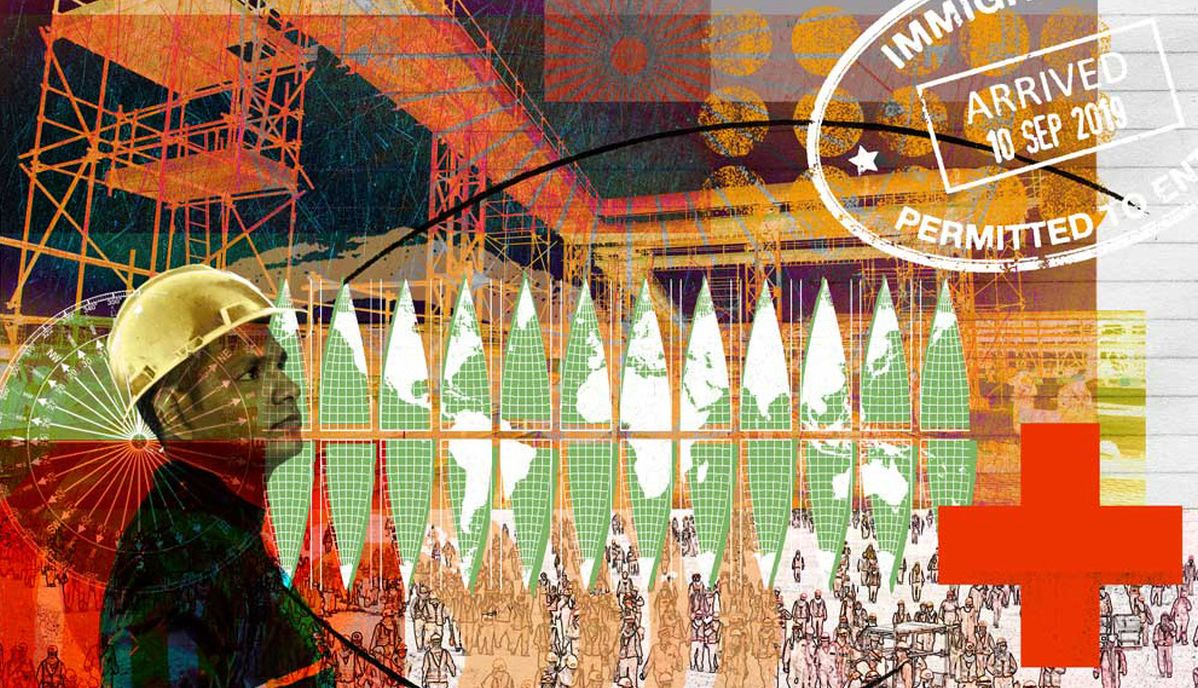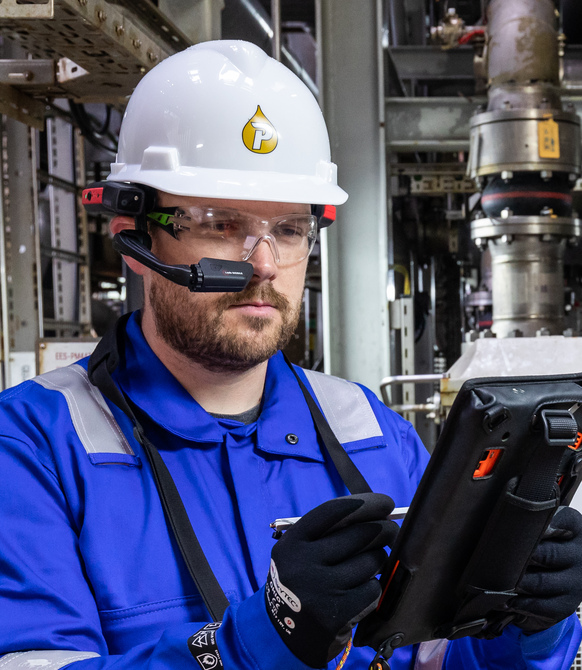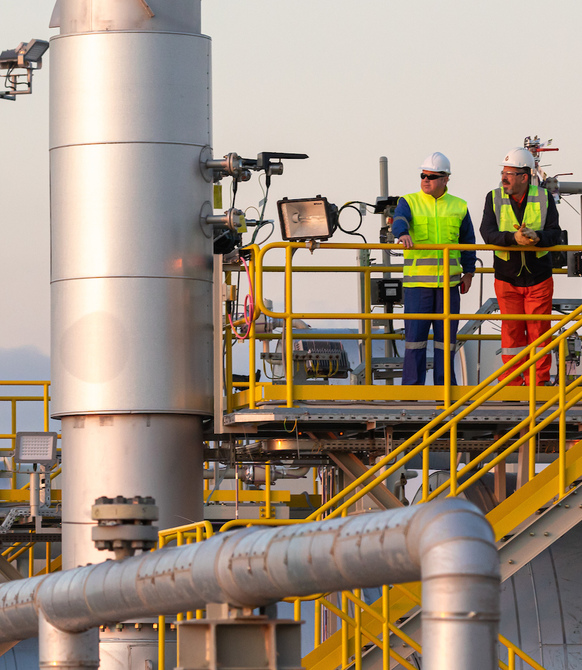Turning challenges into opportunity – understanding and enhancing labour rights across the industry
"More than 40 million people around the world are victims of modern slavery, 25 million of them in forced labour (ILO 20171); the majority of these working in the supply chains of global business2.
If we are to achieve the UN Sustainable Development Goal 8 – Decent Work and Economic Growth – and its target to “eradicate forced labour, end modern slavery and human trafficking” - by 2030, businesses and governments must do more to address these issues.

The importance of Sustainable Development Goal 8 - "Promote inclusive and sustainable economic growth, employment and decent work for all
In 2014 only four countries were taking steps to develop legislation and investigate forced labour in business and government supply chains. In 2018, that number had increased to 36 countries.
Many of these issues that affect global businesses also affect Petrofac’s supply chain - we operate in challenging environments where human rights can become a source of risk, both for our business and the people who work in our supply chains. The main exposure in the construction industry is through the employment of large numbers of low-skilled migrant workers from ‘high risk’ countries at our sites. Migrant workers can be subject to risks including excessive debt incurred through high recruitment fees, non-payment of wages, poor living conditions and restricted mobility, which ultimately traps them in exploitative situations.
Our clients and industry stakeholders are increasingly aware of these issues and are promoting initiatives for companies to work together to improve labour rights and the welfare of workers across the industry.
I recently participated in one of these initiatives in Oman; At this industry-led Labour Forum I was encouraged to see the growing efforts across industry to identify and address the labour rights challenges we face,and position these issues as material to our business.
Why is Petrofac addressing labour rights?
Aside from being the right thing to do, the commercial case for improving labour rights and worker welfare is compelling. In our experience, one of the keys elements of setting up successful projects is getting this right – when a workforce is happy and their concerns addressed, they’re more engaged in their work, they tend to operate more safely and efficiently, and the risk of project delays and disputes is minimised.
Positioning for global progress and promoting supply chain collaboration
Petrofac has some 11,500 employees, around 80 nationalities, more than 20 offices and training centres across the globe, including India, United Kingdom, United States, Australia, Malaysia, UAE, and many more.

Being diligent and transparent and acting on labour issues is the smart thing to do for Petrofac
We developed and rolled out Worker Welfare and Labour Rights Standards that are aligned to the Building Responsibly Worker Welfare Principles, and incorporated them into our contract terms and conditions. We provided a tool kit for partners and subcontractors to help them introduce the right habits at site level, and have provided labour rights induction training for many of our subcontractors.
The Employer Pays Principle is being implemented down our supply chain, ensuring employing companies (not workers) pay for the cost of recruitment, thereby reducing the debt workers incur in their search for work.
We continue to involve others and collaborate, either by engaging directly with our supply chain and wider industry partners to share ideas, or by participating in workforce engagement initiatives to continually raise awareness and monitor progress.
Like every change initiative, the programme has had its challenges, from commercial concerns down our supply chain to recognising the limitations of where we have leverage, particularly lower down the chain where Petrofac did not have a direct contractual relationship with the third party. However, every month we’re seeing a progressively improving picture.
Being diligent and transparent and acting on labour issues is becoming critical for our business as we strive to improve efficiency. It’s not just the right thing to do, it’s the smart thing as well."
[1] International Labour Organisation - https://www.ilo.org/global/lang--en/index.htm
[2] Global Slavery Index - https://www.globalslaveryindex.org/








